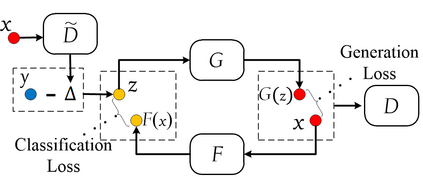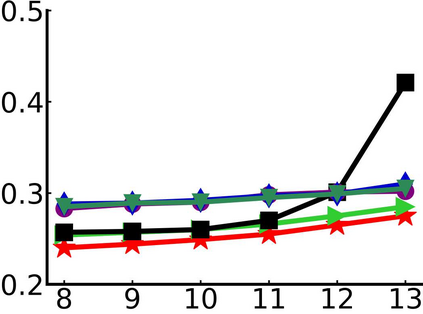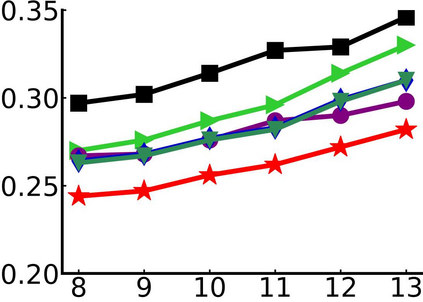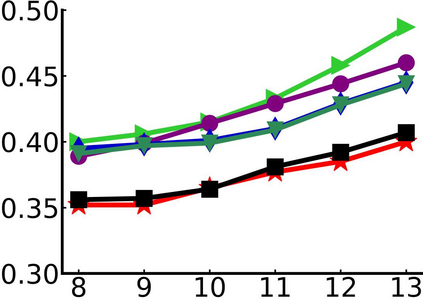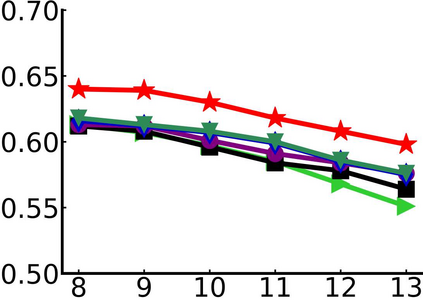Partial multi-label learning (PML), which tackles the problem of learning multi-label prediction models from instances with overcomplete noisy annotations, has recently started gaining attention from the research community. In this paper, we propose a novel adversarial learning model, PML-GAN, under a generalized encoder-decoder framework for partial multi-label learning. The PML-GAN model uses a disambiguation network to identify noisy labels and uses a multi-label prediction network to map the training instances to the disambiguated label vectors, while deploying a generative adversarial network as an inverse mapping from label vectors to data samples in the input feature space. The learning of the overall model corresponds to a minimax adversarial game, which enhances the correspondence of input features with the output labels in a bi-directional mapping. Extensive experiments are conducted on multiple datasets, while the proposed model demonstrates the state-of-the-art performance for partial multi-label learning.
翻译:部分多标签学习(PML)解决了从过于吵闹的注释中学习多标签预测模型的问题,最近开始引起研究界的注意。在本文中,我们提议了一个全新的对抗性学习模型,即PML-GAN,在通用的编码器解码器解码器框架之下,用于部分多标签学习。PML-GAN模型使用模糊网络识别吵闹标签,并使用多标签预测网络将培训实例映射到模糊的标签矢量,同时部署基因对抗网络,作为从标签矢量到输入特征空间的数据样本的反向映射。总体模型的学习相当于一个小型对抗性游戏,通过双向绘图,加强输入特征与输出标签的对应。在多个数据集上进行了广泛的实验,而拟议的模型则展示了部分多标签学习的状态。



